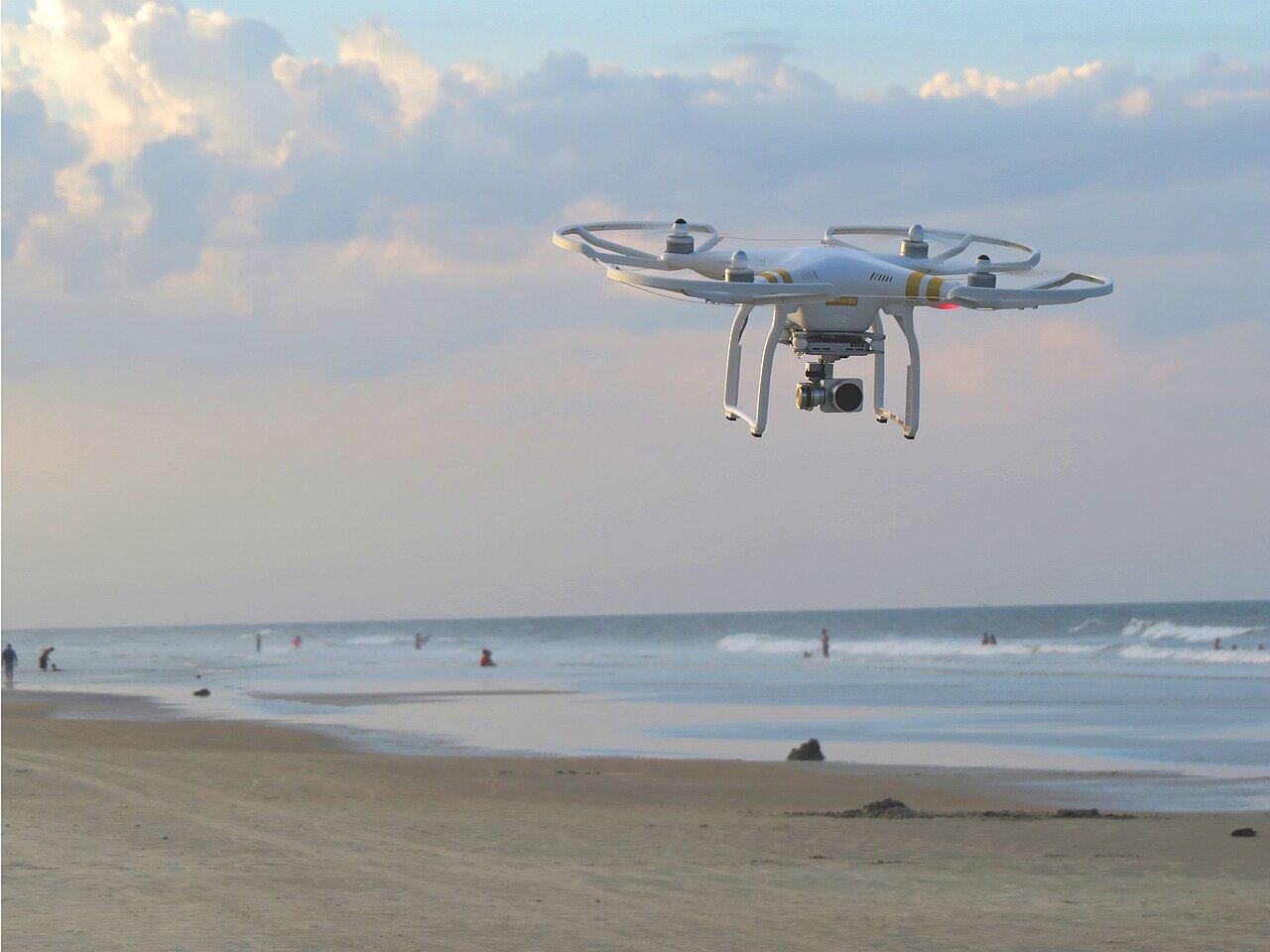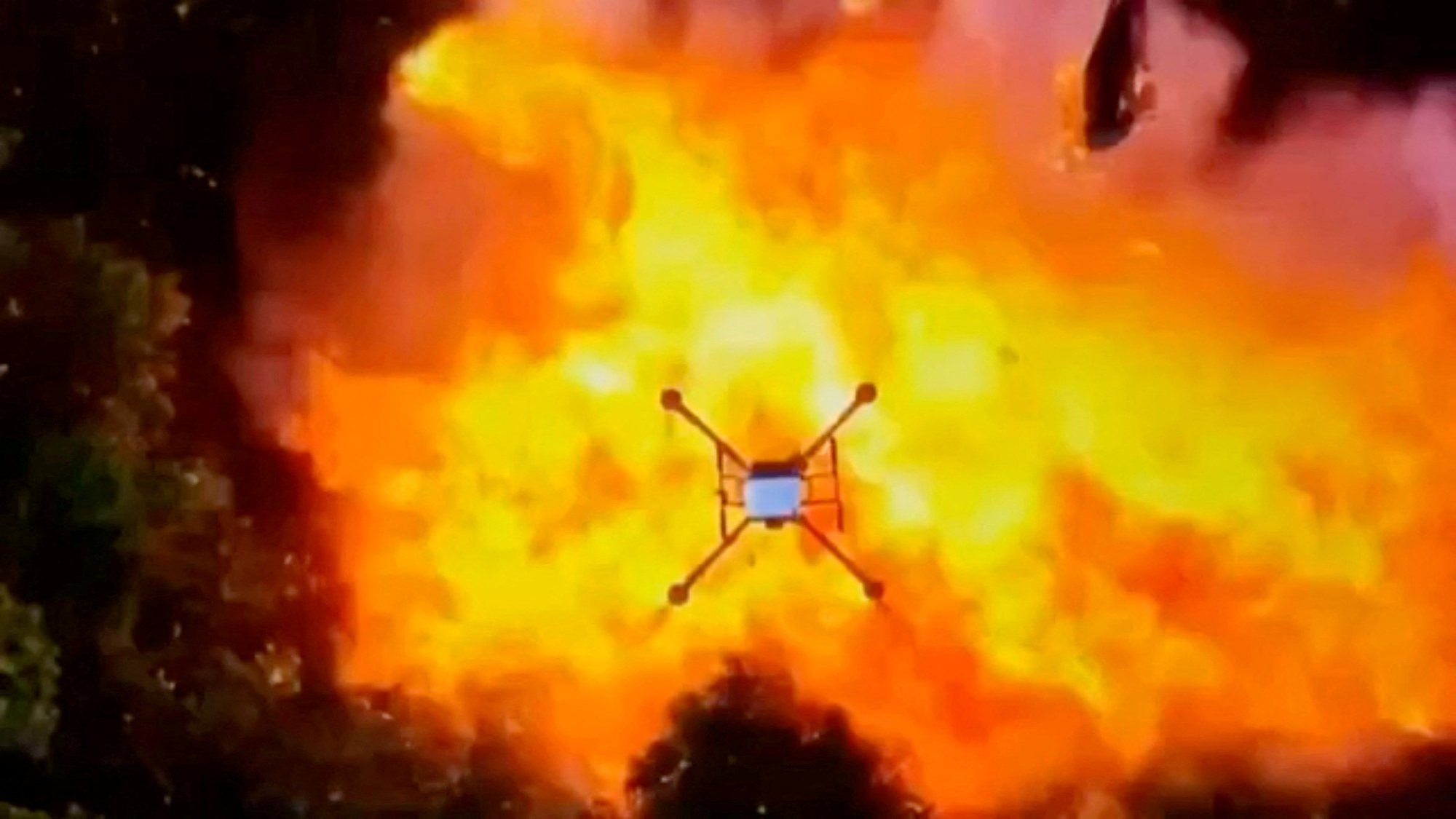Amid Cambodia tensions, Thailand warns tourists: fly drones and face jail
The two-week ban is tied to fears Cambodia could use the devices to gather military intelligence

Thailand has imposed a nationwide ban on drone flights for at least two weeks over fears that neighbouring Cambodia could use them to monitor troop movements or military facilities, warning tourists of fines of more than US$1,200 and even jail time if they flout the rule.
The order, issued by the Civil Aviation Authority of Thailand, comes as tensions remain high despite a ceasefire agreement reached last Monday that ended several days of fighting along a contested stretch of the Thai-Cambodian frontier.
“Operating any unmanned aerial vehicle (UAV) across the country during this period is strictly prohibited,” the Thai aviation authority said in a statement released on Thursday.
Offenders face up to one year in prison and a maximum fine of 40,000 baht (US$1,230), it said, adding that “military and security forces are authorised to neutralise unauthorised drones deemed a threat”.
The ban – in place until at least August 14 – is expected to affect thousands of foreign visitors, particularly social media influencers and hobbyists who use drones to capture footage of the kingdom’s beaches, temples and mountain landscapes.
Local media reports say some tourists have voiced frustration at having their drones confiscated, claiming they were unaware of the ban. While most travellers are far from the eastern conflict zone – in destinations like Phuket, Chiang Mai or Pattaya – the ban applies nationwide.
Thailand’s tourism ministry reported a 6 per cent year-on-year drop in tourist arrivals in the first six months of 2025. The impact of the conflict with Cambodia was not included in that figure, but the fighting is likely to have further reduced visitor numbers, particularly to border towns that rely on overland crossings from Cambodia.
Even as the ceasefire holds, an atmosphere of mutual distrust continues to cloud relations between the two Southeast Asian neighbours. Cambodia has accused Thailand of detaining 18 of its soldiers, while Thailand claims its rival continues to reinforce positions along the disputed border and ignore past agreements aimed at easing tensions.
Nationalist voices in both countries have flooded social media with competing narratives and accusations of truce violations, heightening tensions at a delicate moment.

In a social media post on Sunday, Cambodia’s influential former leader Hun Sen accused the Thai army of preparing to “hit Cambodia tonight” – a claim made without evidence. Thai authorities dismissed the message as deliberately misleading and designed to fan anger and mistrust ahead of fresh peace talks.
Those negotiations were set to begin on Monday in Kuala Lumpur, culminating in a ministerial-level session on Thursday that will be open to international observers from Malaysia, China and the United States.
Unhandled type: inline-plus-widget {“type”:”inline-plus-widget”}
Beijing and Washington have both played a role in brokering the current ceasefire, with the US reportedly using the threat of trade measures to encourage a rapid de-escalation. On Friday, both Thailand and Cambodia were hit with identical 19 per cent tariffs.